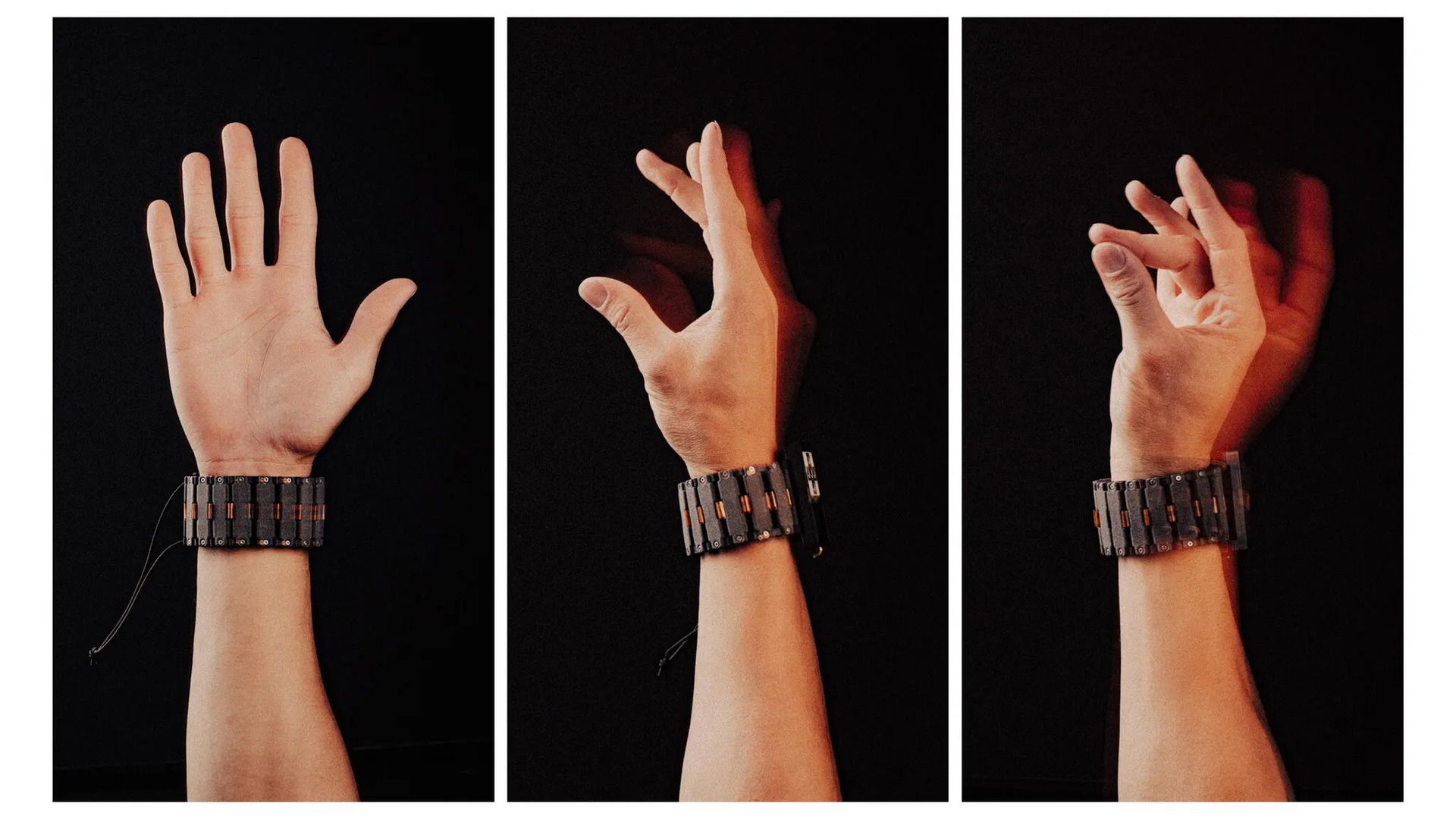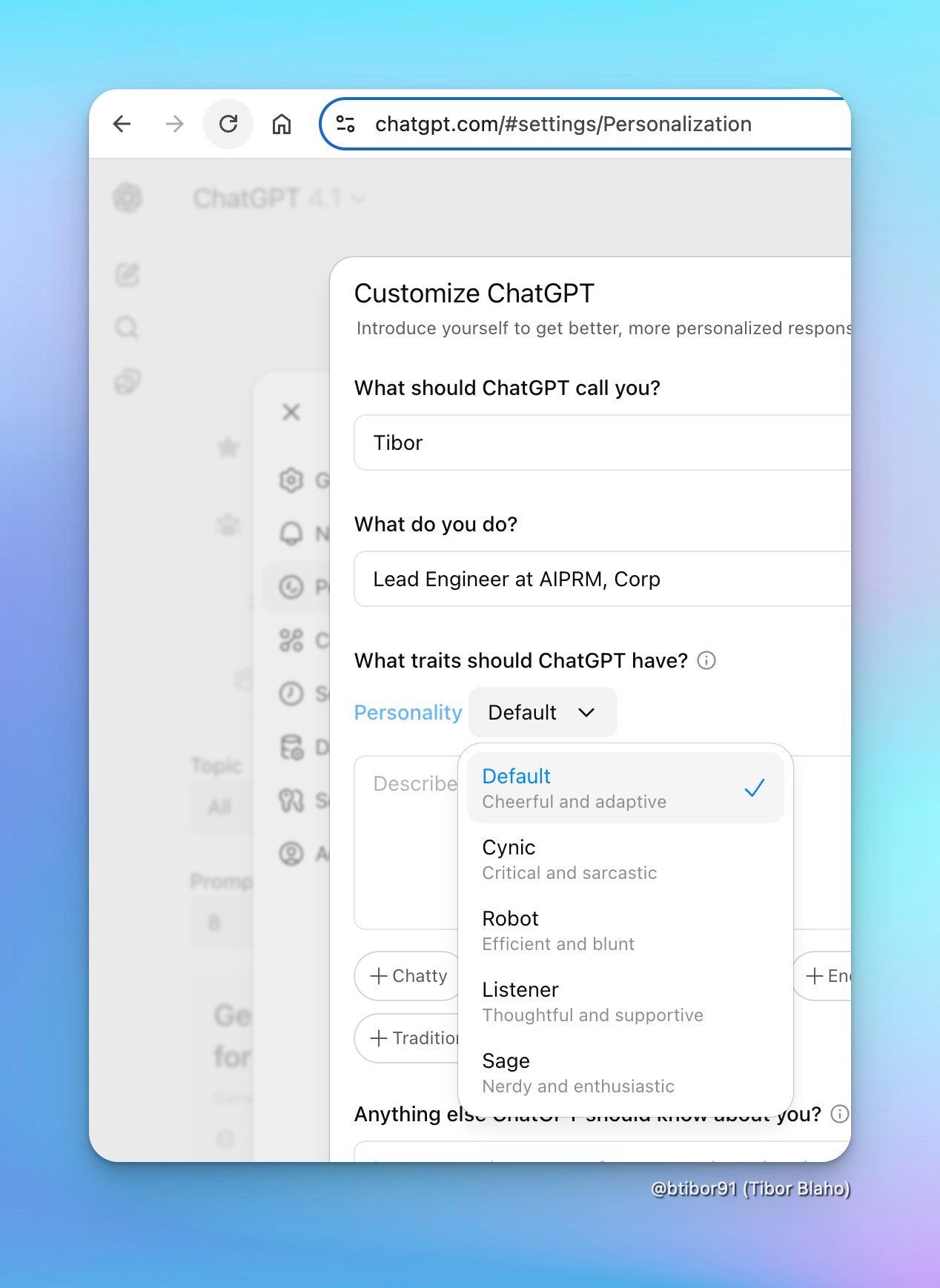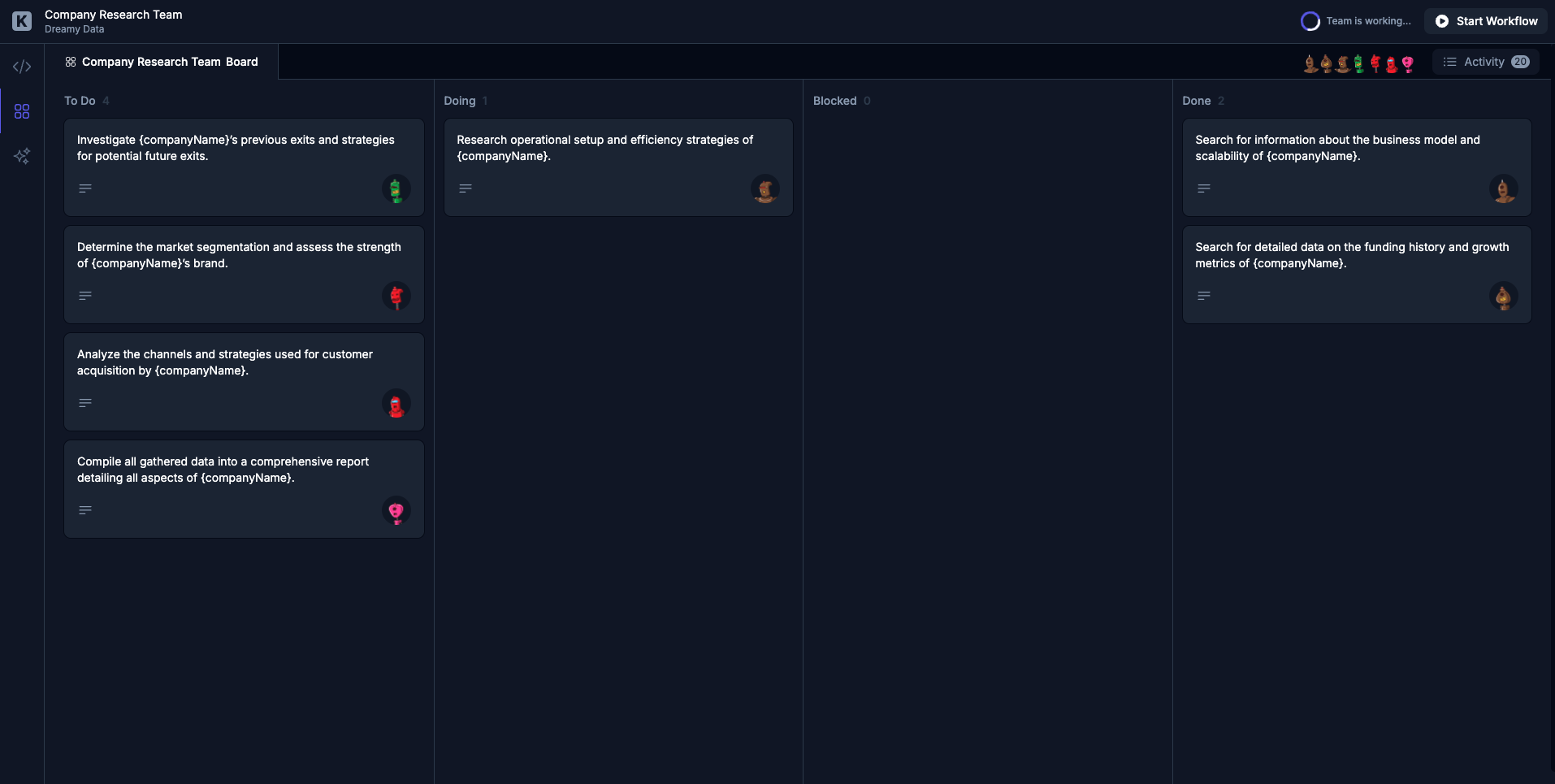Good morning. It’s Wednesday, July 25th.
On this day in tech history: In 1991, the InternationalJoint Conference on Artificial Intelligence (IJCAI) highlighted expert systems, decision trees, Bayesian networks, and early neural networks. These AI techniques advanced intelligent diagnostics, predictive maintenance, and NLP. Foundations that later enhanced macOS stability, Spotlight search, and assistive tools on devices like the MacBook Air 2015.
In today’s email:
Meta’s Wristband Reads Your Intentions
GPT-5 in August
Loveable Launches Autonomous Agent
Figma’s AI App Building Tool
5 New AI Tools
Latest AI Research Papers
You read. We listen. Let us know what you think by replying to this email.
In partnership with Adaline
🚀 Build Smarter, Ship Faster with Adaline
Adaline is the end-to-end platform trusted by world-class product and engineering teams to iterate, evaluate, deploy, and monitor large language model applications—all in one place.
🛠 Prompt like a pro: Test across datasets, compare models, and collaborate seamlessly—with automatic versioning and prompt management that actually works.
⚙️ Deploy without drama: Adaline powers 200M+ API calls a day with 99.998% uptime, handling scale effortlessly and securely.
📈 From idea to insight: Move from sketch to live deployment in record time, with real-time logs, analytics, and performance monitoring.
💡 Ready to launch? Adaline is now generally available—with $1M in API credits for new users.
Thank you for supporting our sponsors!

Today’s trending AI news stories
Meta Demos Wristband That Reads Your Intentions

With just a quick tap of your thumb and forefinger, you can launch an app on your desktop—thanks to an experimental bracelet that detects the electrical signals your muscles generate when you move your fingers. Image: Reality Labs, Meta
Meta has unveiled a prototype wristband that uses EMG sensors to pick up electrical signals from forearm muscles, capturing neural impulses before your fingers even move. AI models, trained on data from 10,000 users, translate these signals into commands: moving a cursor, launching apps, or typing in thin air. Unlike invasive brain implants, it’s non-surgical and works straight away.
Originally developed by Ctrl Labs (acquired by Meta in 2019), the device pushes gesture control beyond novelty, turning tiny muscle twitches into precise, real-time input. Beyond AR and VR, researchers see it accelerating text entry and opening up new assistive tools for users with limited mobility. Meta plans to weave this tech into products like smart glasses, rethinking how we steer digital systems with barely a gesture. Read more.
GPT-5 arrives in August as OpenAI eyes ‘intelligence too cheap to meter’
OpenAI is set to release GPT-5 in August, promising its sharpest reasoning yet thanks to integrated o3 logic that tackles complex, multi-step tasks with more human-like precision. CEO Sam Altman teased its sharper o3 reasoning on a podcast, saying it nailed complex questions that stumped him, a “weird feeling,” he admitted. Expect GPT-5 to arrive with slimmed-down mini and nano versions for API users, too.
GPT-5 will launch alongside streamlined mini and nano variants designed for API deployments, improving response speed and reducing computational overhead. Microsoft has also expanded backend server capacity to manage the anticipated surge in demand.

Image: Tibor Blaho
Beyond model development, OpenAI is also enhancing ChatGPT’s user experience with new personality modes, including Robot, Cynic, Listener, and Sage, giving users finer control over tone and style. Educational tools like the Study and Learn feature will offer structured, interactive learning paths complete with quizzes and detailed explanations, designed to better serve students and self-learners.
At a Federal Reserve event, CEO Sam Altman framed these breakthroughs as part of AI’s march toward “intelligence too cheap to meter,” where expert-level capability becomes near-ubiquitous and affordable. However, he warned that these gains bring systemic threats and outlined three things that worry him most. Altman also warned of an impending fraud crisis as AI breaks traditional authentication, calling reliance on voice-print verification “a crazy thing to still be doing.”
All eyes now turn to OpenAI’s DevDay on October 6, 2025, in San Francisco, where the company will showcase upcoming tools like Sora 2, and research models such as o3-deep-research.
Registration is now open, with places allocated by lottery. Read more.
AI coding unicorn Lovable launches autonomous agent, offers $100 free credits to celebrate milestone
Lovable, the AI coding platform turning natural language into production-grade apps, has rocketed to $100 million ARR in just eight months, outpacing firms like Cursor and OpenAI. Its newly launched Lovable Agent upgrade swaps a straight-line build process for an autonomous, iterative system that edits, tests, and improves code much like a senior engineer, cutting error rates by 91%.
The agent can scan codebases, run searches, read logs, and generate assets on the fly, enabling real-world, complex app builds from a single prompt. Backed by a $200 million Series A led by Accel, Lovable now boasts 2.3 million users (180,000 paying).
To mark the milestone, it’s giving away $100 in free credits plus a 16-page prompt engineering guide, lowering the barrier for anyone to build and deploy AI-powered apps fast. Founder Anton Osika says this leap could propel Lovable toward $1 billion ARR. Read more.
Figma’s AI app building tool is now available for everyone
Figma’s AI-powered app builder, Figma Make, has officially launched for all users, moving beyond its beta limited to Full Seat subscribers. The tool lets designers prototype apps with natural language prompts, similar to GitHub Copilot, but uniquely accepts design references, images or Figma files, to shape the final output. Users can tweak text, fonts, and animations via AI or manual edits. Publishing remains restricted to Full Seat users, while others can test in drafts.

Just tell Figma Make what prototype you want to create or change, and let the AI do the rest. Image: Figma
Alongside, Figma rolled out AI-driven image editing and upscaling tools, and introduced an AI credit system: lower tiers get limited credits, whereas Full Seats enjoy unlimited use (for now). Admins will be able to buy extra credits later this year. Read more.

Demis Hassabis: AGI at Warp Speed fueled by survival patterns and no-failure experiments (Lex Fridman Podcast)

5 new AI-powered tools from around the web

arXiv is a free online library where researchers share pre-publication papers.


Thank you for reading today’s edition.

Your feedback is valuable. Respond to this email and tell us how you think we could add more value to this newsletter.
Interested in reaching smart readers like you? To become an AI Breakfast sponsor, reply to this email or DM us on 𝕏!







